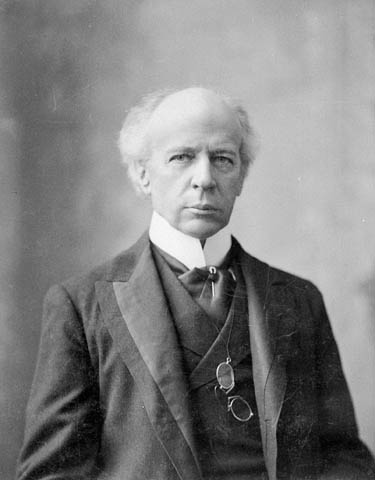
“Quebec does not have opinions, but only sentiments,” once said Canadian Prime Minster Sir Wilfrid Laurier, who himself hailed from Quebec. I was sadly reminded of Laurier’s quip when I read the following op-ed in La Presse (Montreal) on December 30 (what follows is a mixture of my own translation and Google Translate):
The media reports a recent spate of land purchases in Quebec by investment banks. Given the financial difficulties of farmers, those financial firms appear to have smelled a bargain. Some farmers are faced with a lack of succession within their families. Others are facing debts due to having chosen to get into a more industrialized form of agriculture.
But this multiplication of land purchases and the operation of agricultural land by large landowners likely heralds a return to sharecropping.
Without going into the details of the institution of sharecropping, a few centuries ago, large landowners leased their lands out to farmers with whom they agreed to share the harvest. In short, those landlords agreed that part of the tenants’ agricultural labor, of which they appropriated the benefits, could go to the tenants themselves. Those tenant farmers were more or less agricultural laborers.
The gradual emancipation of the peasantry favored a mode of production centered on the family farm. But in the last few decades, industrialization has come to pervade all areas of production, agricultural production included. This has led to the situation we see today, viz. the coexistence of family farms with other farms focused on intensive large-scale production.
With this purchase of large tracts of land in Quebec by investment banks, we return in some way to the sharecropping system of centuries past: Peasants again are becoming agricultural laborers whom landowners allow to use a plot of land for their subsistence. It is hard to imagine that such an approach represents any kind of progress.